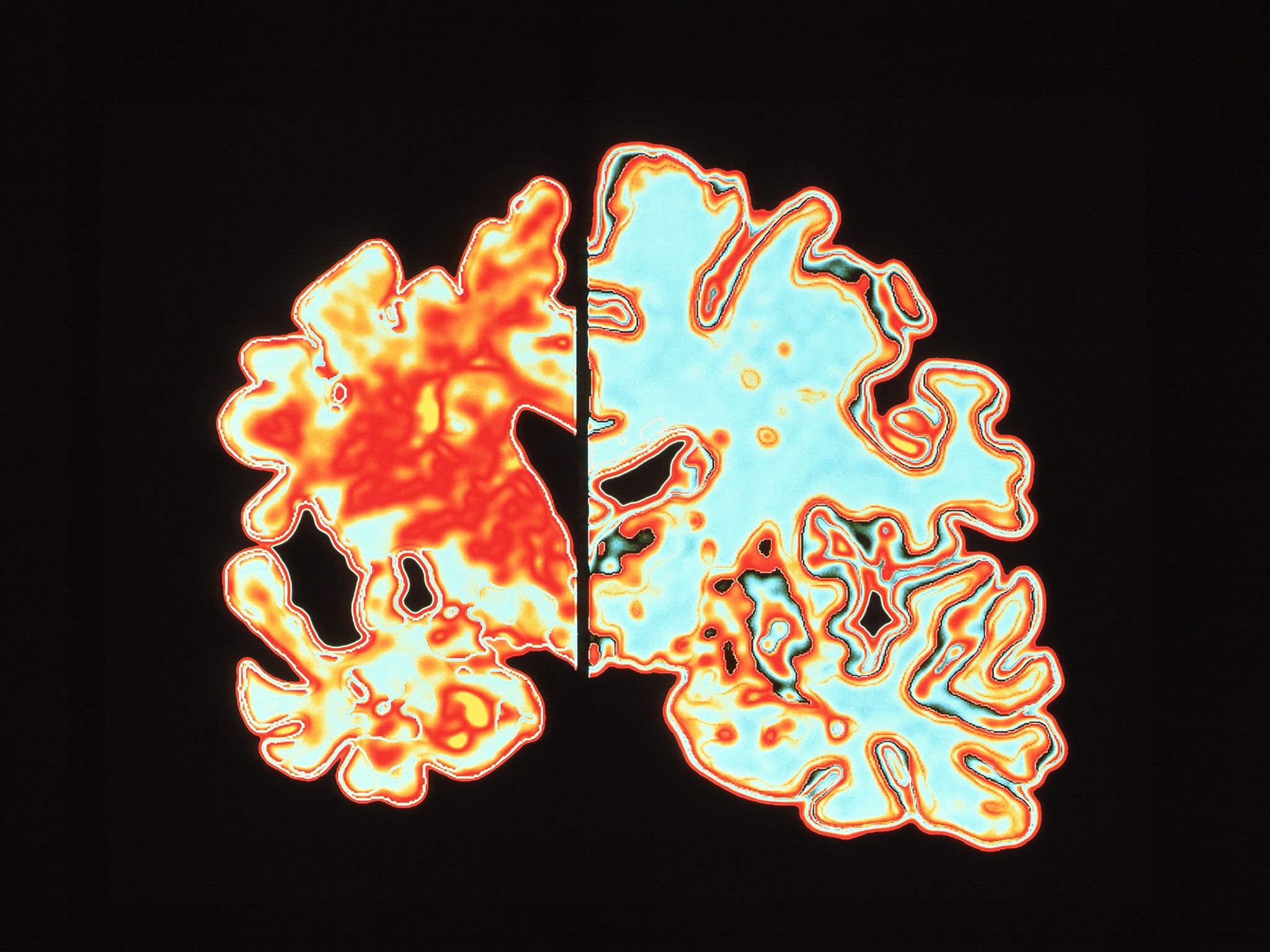Lack of deep sleep and more day time naps could be early sign of Alzheimer’s, study suggests
Volunteers who had lowest amounts of ‘slow brainwave’ sleep, at night had higher levels of abnormal proteins in the brain which are closely linked to dementia-causing disease

Your support helps us to tell the story
From reproductive rights to climate change to Big Tech, The Independent is on the ground when the story is developing. Whether it's investigating the financials of Elon Musk's pro-Trump PAC or producing our latest documentary, 'The A Word', which shines a light on the American women fighting for reproductive rights, we know how important it is to parse out the facts from the messaging.
At such a critical moment in US history, we need reporters on the ground. Your donation allows us to keep sending journalists to speak to both sides of the story.
The Independent is trusted by Americans across the entire political spectrum. And unlike many other quality news outlets, we choose not to lock Americans out of our reporting and analysis with paywalls. We believe quality journalism should be available to everyone, paid for by those who can afford it.
Your support makes all the difference.Doctors have warned that decreases in restful, deep sleep in old age could be an early sign of Alzheimer’s disease before signs of memory impairment show.
US neurologists found volunteers who had less restful sleep had higher levels of the toxic substance tau, an abnormal protein molecule found clumped together in the brains of patients with Alzheimer’s.
Previous research has found links between sleeping less and Alzheimer’s but it is “deep” slow-brainwave sleep that is thought to be most important as this is the period where the brain consolidates memories.
“The key is that it wasn’t the total amount of sleep that was linked to tau, it was the slow-wave sleep, which reflects quality of sleep,” said Dr Brendan Lucey, director of the Washington University Sleep Medicine Centre.
“The people with increased tau pathology were actually sleeping more at night and napping more in the day, but they weren’t getting as good quality sleep.”
The study, published in the journal Neurology, recruited 119 people and 80 per cent of them showed no sign of cognitive decline.
It used electroencephalograms to monitor the volunteers’ brain activity while they slept then measured levels of tau, and another abnormal protein, amyloid beta, using brain scans and spinal taps to draw cerebrospinal fluid.
Alzheimer’s disease is the most common cause of dementia – the progressive collective term for the loss of memory and thinking skills – and affects 520,000 people in the UK.
The research cannot tell whether reduced sleep is contributing to Alzheimer’s, or if it’s an early symptom, but if the link is verified in larger trials then questions about sleep patterns could help guide GPs to spot signs early.
Earlier studies have shown that levels amyloid beta begin building up in the brain as much as two decades before signs of cognitive impairment show, while tau tangles appear at a later stage.
While there are no treatments to stop or slow dementia, being able to detect it before symptoms manifest would be a vital step to identifying people for testing future drugs.
“We know there’s a link between sleep and dementia, but there’s still a lot to learn about this relationship,” said Dr James Pickett, head of research at the Alzheimer’s Society.
“It’s too soon to say if trying to change our sleep habits might affect our chances of developing dementia, but there’s good evidence that being physically active and eating healthily can reduce the risk. So try to choose an apple over the packet of crisps, and get out as much as possible.”
Join our commenting forum
Join thought-provoking conversations, follow other Independent readers and see their replies
Comments